COVID-19, the pandemic that has shaken the world, will perhaps change our lives forever. Often, we now talk of a ‘pre-COVID’ world, where business was as usual, and a ‘post-COVID’ world which is the new normal. While the disease, caused by a tiny virus, has affected millions, it has also brought to fore some often-ignored challenges and opportunities to build a better tomorrow. Science has been in the forefront, driving these monumental changes across the world—from understanding the virus and designing a vaccine, to throwing insights on how we could prepare for and prevent the next pandemic.
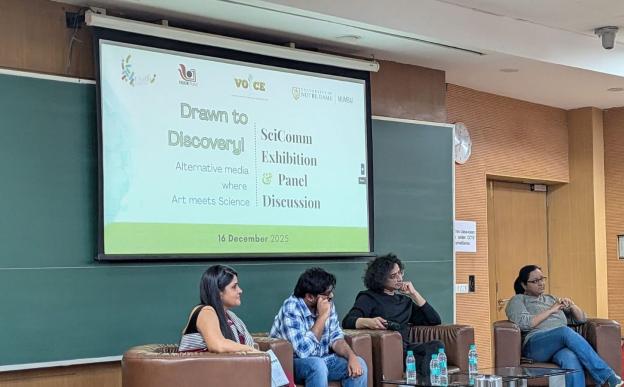
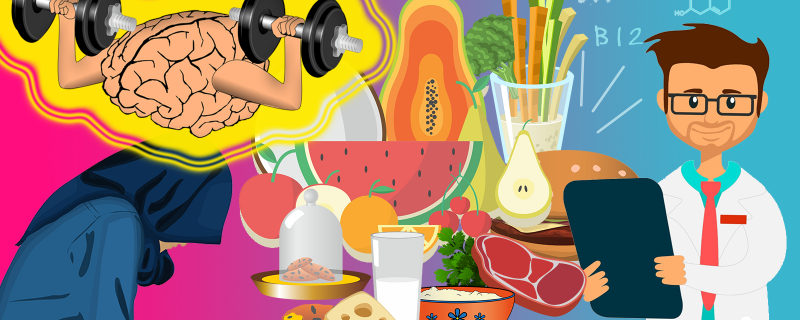
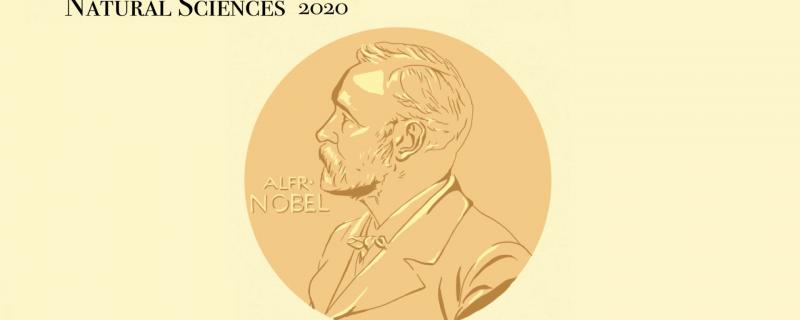
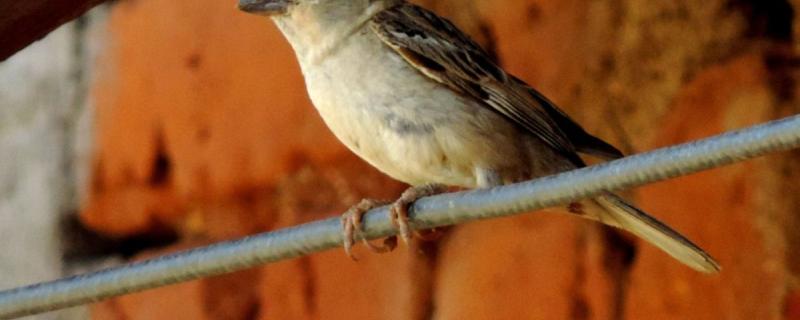
![A private water supply tanker [Photo credits: Sudhira HS] Supplying water through tankers to urban India](/sites/researchmatters/files/styles/large_front_800x320/public/watersupplytanker_25aug.jpg?itok=Zso2hA2-)
![Image for representational purposes only [Photo by American Public Power Association on Unsplash] Azure lockdown skies resulted in higher solar power generation, study shows](/sites/researchmatters/files/styles/large_front_800x320/public/solar_28jul.jpg?itok=dW-m0Suo)

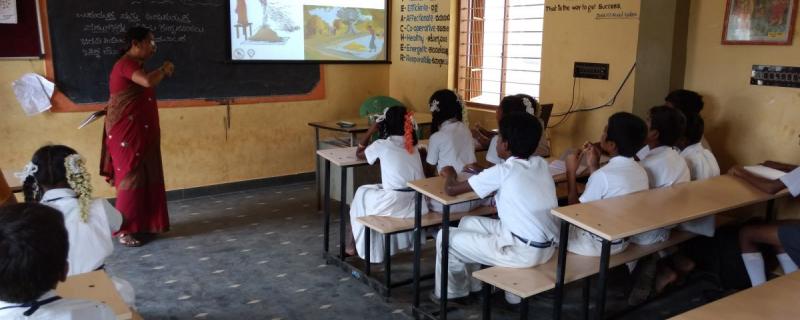
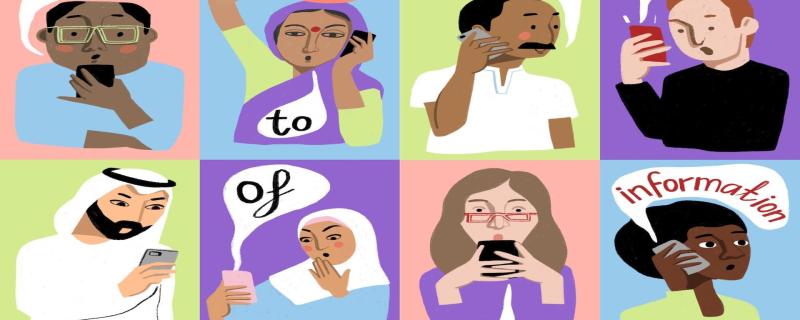
![[Image credits - https://unsplash.com/photos/X6ZsIj6V8Ew] Good to Netflix and chill, but why the tobacco still?](/sites/researchmatters/files/styles/large_front_800x320/public/luka-malic-x6zsij6v8ew-unsplash.jpg?itok=slmEIiE4)
